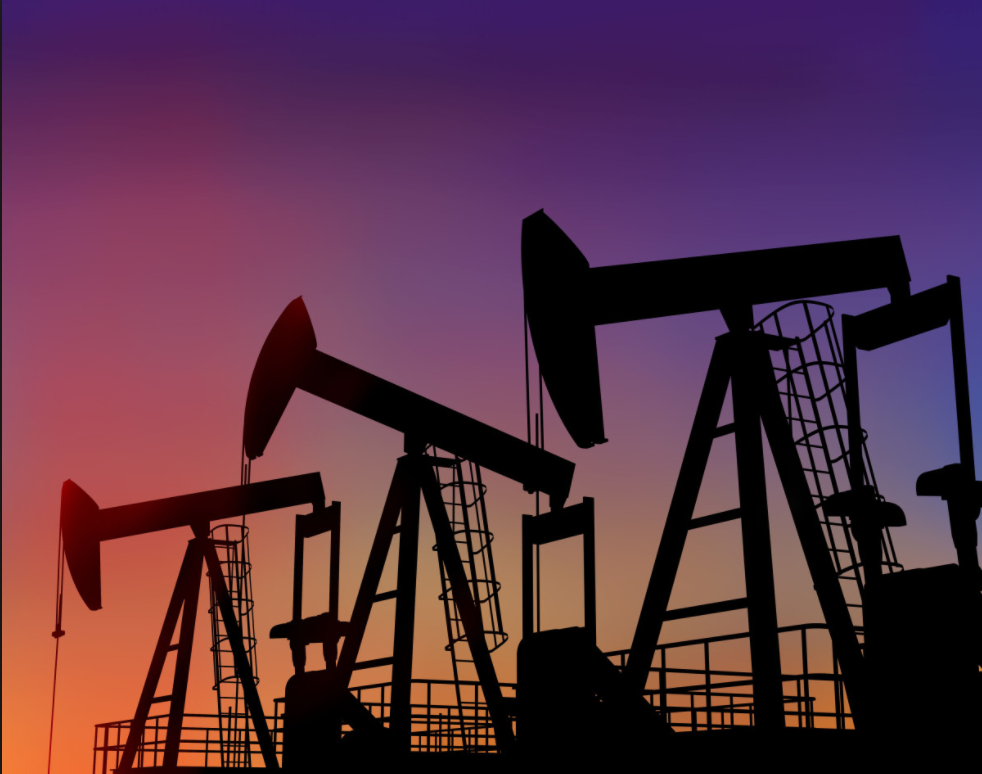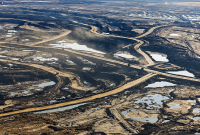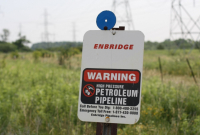Support strong Canadian climate journalism for 2025
Canada’s publicly traded junior oil and gas sector has shrunk to a shadow of its former self and isn’t seen recovering any time soon, hit by the combination of soft energy prices, disinterested investors and higher−cost projects that favour large companies.
The trend marks a significant shift for an industry in which these smaller players traditionally played an outsized role in discovering and developing new oil and gas pools, often becoming takeover targets that helped grow the reserves of their bigger rivals.
At the end of March there were just 25 publicly listed junior companies producing between 500 and 10,000 barrels of oil equivalent per day, well down from 94 in late 2007, according to Iradesso Communications.
The sector lost 17 publicly traded juniors in the past 30 months as benchmark U.S. oil prices fell from over US$100 to about half as much.
"The kind of plays we’re doing now, the capital required for them is so huge," said Brian McLachlan, CEO of junior Yoho Resources. "You’d have to raise so much money as a tiny company to get in the game and, if you don’t have a really great currency, you’re just spinning your wheels."
Yoho and two other small public companies — Trilogy Energy and Celtic Exploration — famously pooled resources in 2010 to drill one of the first Alberta Duvernay shale oil and gas wells using horizontal drilling and multi−stage hydraulic fracturing, the technology behind the boom in U.S. oil and gas production.
The productivity of the resulting well drew attention that helped Alberta boost proceeds from the auction of drilling rights to a record $3.5 billion in 2011.
But last fall Yoho departed public markets, selling itself for $31.5 million to private equity firm One Stone Energy Partners of New York.
"We took it private because there wasn’t a heck of a lot of support for a public company our size," said McLachlan.
Veteran energy industry executives and observers said that experience is not uncommon.
Acumen Capital analyst Trevor Reynolds said the recent oil price crisis sent some debt−laden juniors into bankruptcy or forced sales. But many others, dismayed by share price erosion, have dumped their public listings in favour of private equity backing.
He noted a typical single Duvernay well costs $13 million to $14 million to drill and complete, an amount that could tie up a small firm’s entire annual exploration budget. Larger players have cut the average cost of a Duvernay well to $10 million or less by using manufacturing processes to drill and complete several wells at the same time, sometimes from a single well pad.
The going private trend shows no signs of slowing, according to ARC Financial Corp CEO Lauchlan Currie. ARC is one of Calgary’s largest private equity firms with $5.3 billion raised through eight funds.
"The public markets have moved upmarket to the larger companies, given the risk and lack of liquidity (of juniors)," he said.
Currie said ARC has backed eight new small producer or oilfield services companies in the past two years. He added it’s a good time to invest as share prices are low, oilfield services costs are coming down, and the exchange rate allows companies to pay costs in cheap Canadian dollars and sell their products in strong American dollars.
Aspenleaf Energy, backed by ARC and the Ontario Teachers’ Pension Plan, bought publicly traded junior Arcan Resources in June 2015 and is looking to grow from current production of about 4,000 barrels per day of light oil by buying more assets and companies.
"The general thinking now is you need to have a market cap in excess of a billion dollars (to survive)," said CEO Bryan Gould. "Typically, that means production of more than 10,000 barrels per day."





Comments